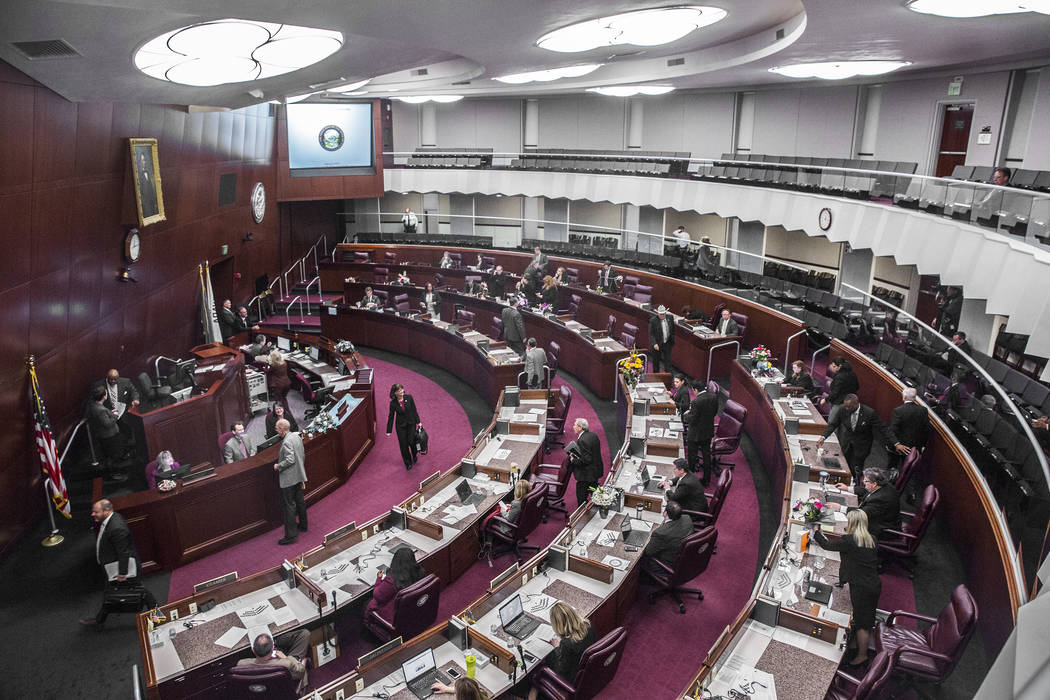EDITORIAL: Legislature should pass civil asset forfeiture reform

The state shouldn’t be allowed to seize and keep your property without first proving you’ve committed a crime.
That seems uncontroversial. Yet police departments throughout the country — including in Nevada — do exactly that through a process called civil asset forfeiture. Assembly Bill 420, sponsored by the Assembly Judiciary Committee, would stop this insidious practice.
Civil forfeiture laws mushroomed during the 1980s as a way to separate drug lords and other crime kingpins from their ill-gotten gains. Today, however, they’ve become a lucrative tool to pad police budgets. From a legal perspective, prosecutors charge the seized property itself, not its owner, with a crime. This means that protections in criminal court — such as innocent until proven guilty — don’t apply. Instead, the burden of proof shifts to property owners, who face an expensive and complicated process if they contest the action. Worse, the laws often allow police departments to keep forfeiture proceeds. This gives law enforcement an incentive to take property.
Horror stories involving innocent property owners and police abuses abound throughout the country. In 2008, for instance, Detroit police raided an event at a local art institute and seized 44 vehicles from those in attendance. What crime occurred? The art institute hadn’t secured a permit to serve alcohol. The car owners — who were never charged with any crime — had to pay $900 to get their property back.
That sounds like a parody of justice in a Third World country. Instead, it’s just one of many examples of civil asset forfeiture abuse. AB420 would reform this tactic in a number of important ways.
First, it moves the forfeiture process to from civil to criminal court. This ties the loss of property to a criminal conviction, a plea deal or an agreement between prosecutors and the defendant. In criminal court, the accused will at least be guaranteed legal representation.
Next, it requires prosecutors to prove by preponderance of evidence that the owner knew “of the unlawful conduct giving rise to the forfeiture.” This would prevent police from doing here what they did in Detroit.
Finally, it reduces the police’s perverse financial incentives. Nevada police agencies wouldn’t be able to retain the procedures from forfeited property, only “reasonable” costs associated with the seizure. The bill would also prevent prosecutors from teaming up with the feds to moves forfeiture cases to federal court to avoid stricter state restrictions on the practice.
The Assembly overwhelmingly passed AB420 on Tuesday. But the session ends in five days. The Senate should move quickly to pass this bill and help curb civil asset forfeiture abuse.